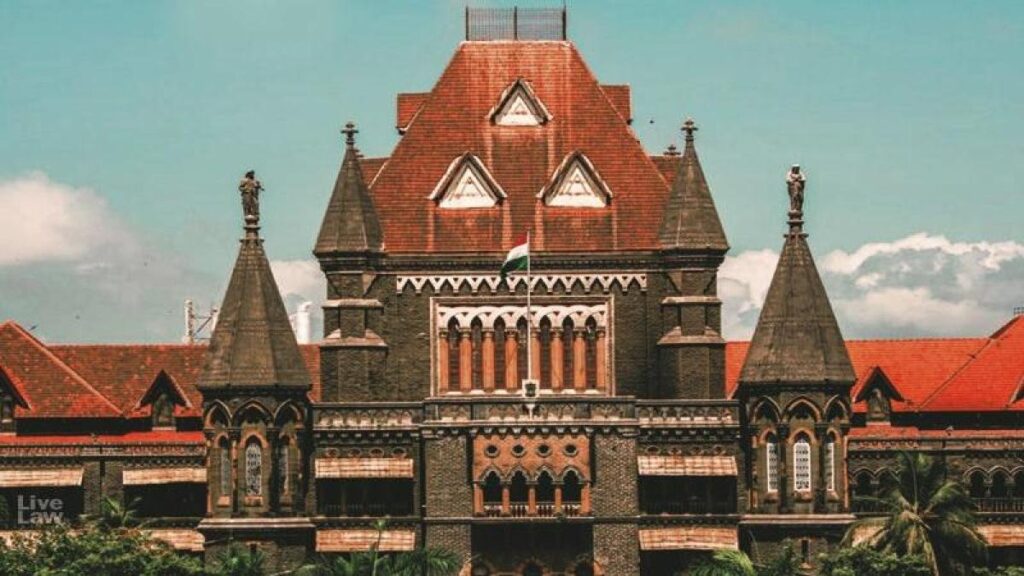Rehan Khan
On 13th August, the Bombay High Court has issued a crucial clarification regarding the Right to Education (RTE) Act, specifically addressing concerns related to the admissions made by private unaided schools for Class 1 in the academic year 2024-25. The Court ruled that educational boards, including the Central Board of Secondary Education (CBSE) and Indian Certificate of Secondary Education (ICSE), cannot object to these admissions, even if they exceed the initially sanctioned strength, as long as they comply with the Court’s judgment on the RTE quota.
This ruling stems from the July 19 verdict, where a Division Bench of Chief Justice Devendra Kumar Upadhyaya and Justice Amit Borkar quashed a Maharashtra government notification issued on February 9. The notification had exempted private unaided schools within a one-kilometer radius of government or aided schools from following the mandatory RTE quota admissions. The Court found this notification to be “ultra vires” the RTE Act, 2009 and Article 21-A of the Constitution of India, which mandates free and compulsory education for children aged six to fourteen years. Consequently, the notification was declared void.
Private unaided schools had earlier admitted students under the 25% RTE quota before the Court’s stay order on May 6. The High Court emphasized that these admissions should not be disturbed, and the schools must ensure that 25% of their total Class 1 strength is filled as per the RTE Act. If this necessitates an increase in the total number of seats, the schools are required to submit the necessary details to the appropriate educational authorities.
The controversy escalated when several private unaided schools approached the High Court, seeking clarification on whether this judgment was also binding on affiliating and recognizing bodies like CBSE, ICSE, and the Maharashtra State Board. The schools argued that the additional students admitted under the RTE quota might face issues if the affiliating boards did not approve the increased number of seats, potentially disrupting the student-to-teacher ratio.
During the hearing, the Bench dismissed these concerns as mere excuses, questioning why the schools needed explicit permission from the boards to comply with the Court’s directive. Chief Justice Upadhyaya pointedly asked whether the CBSE or ICSE had explicitly prohibited the increase in seats or threatened to cancel affiliations, to which no affirmative response was given.
The Court’s order made it clear that there was no valid reason for the affiliating bodies not to adhere to the judgment. The bench concluded that for the current academic year 2024-25, particularly for Class 1 admissions, no objections from the educational boards would be entertained if the admissions exceed the previously sanctioned strength.

